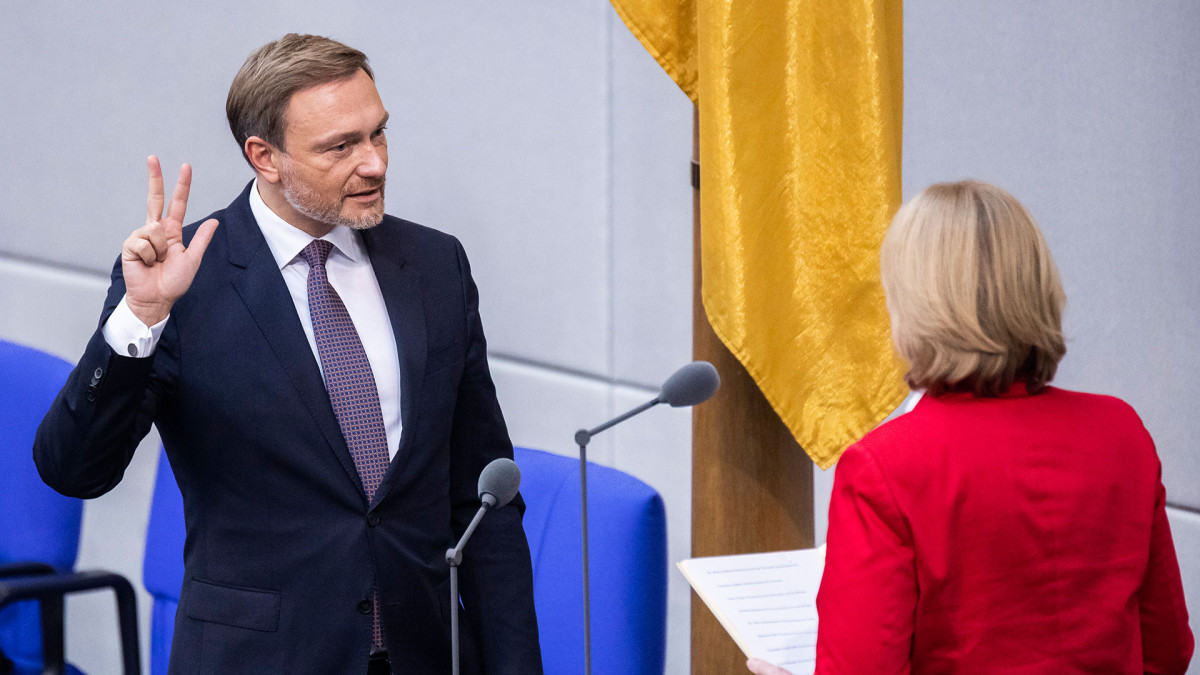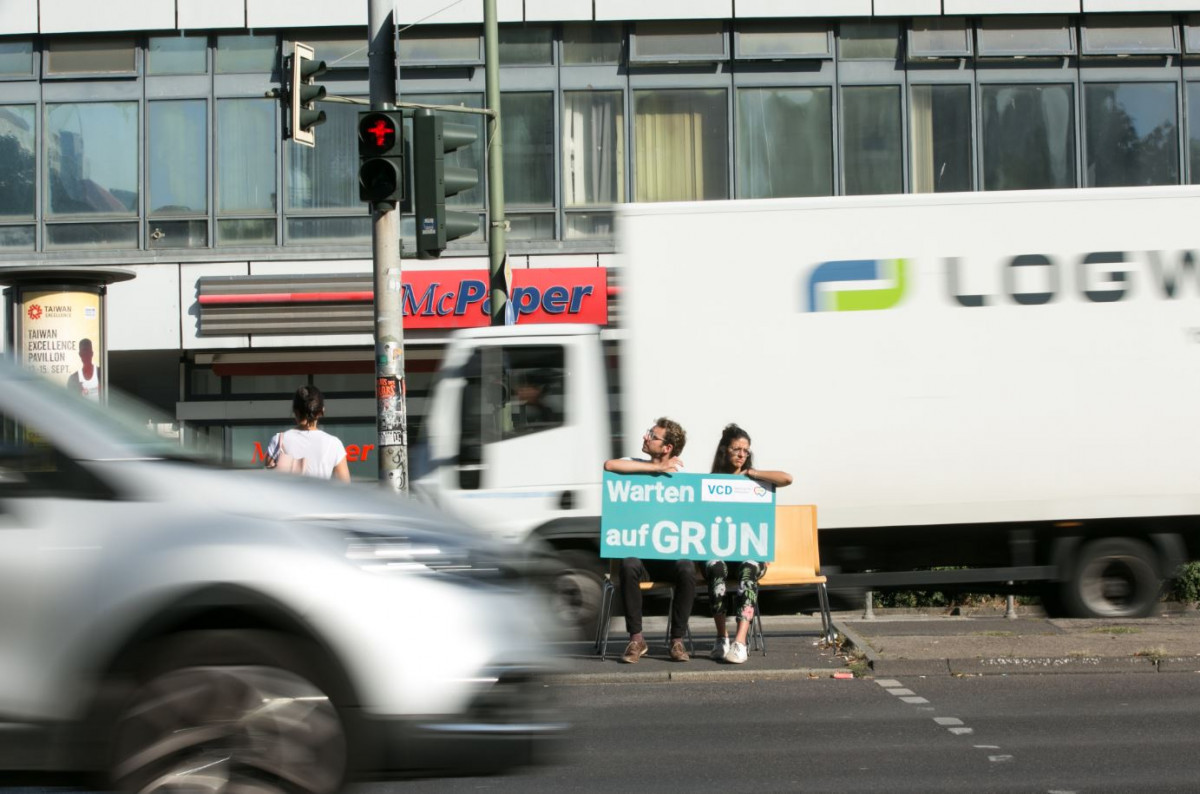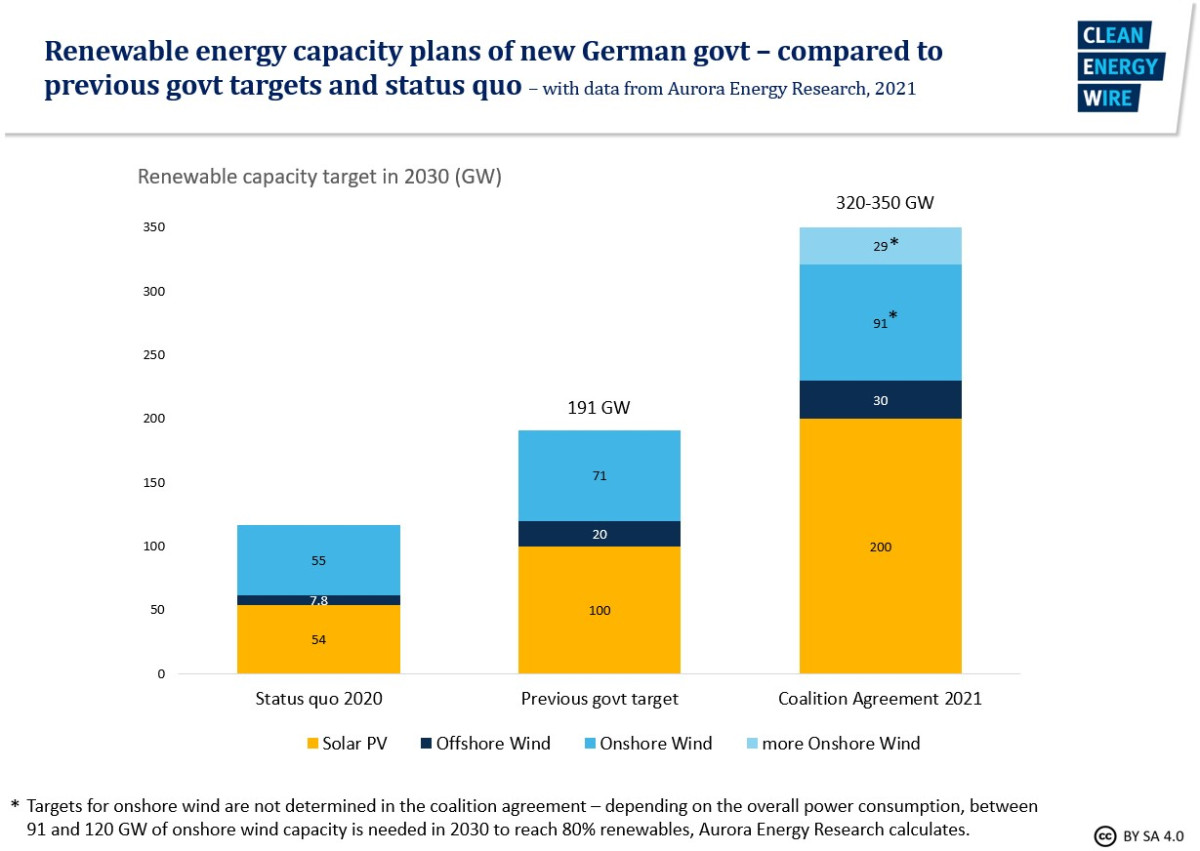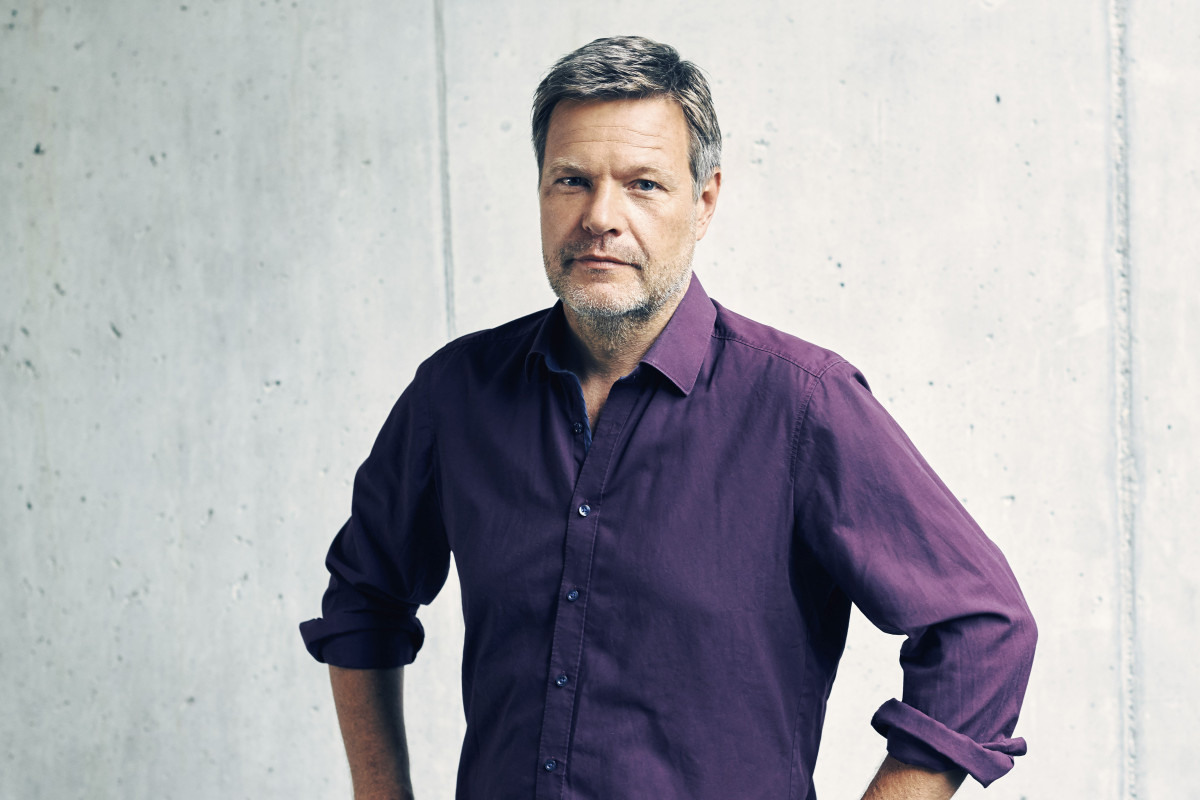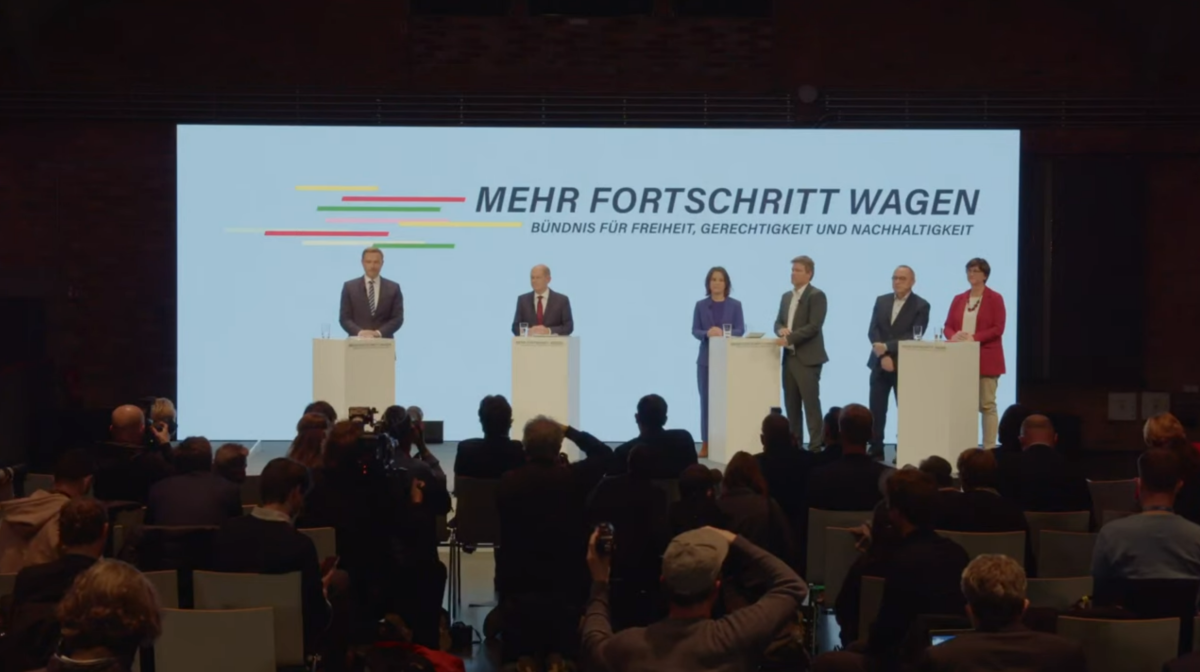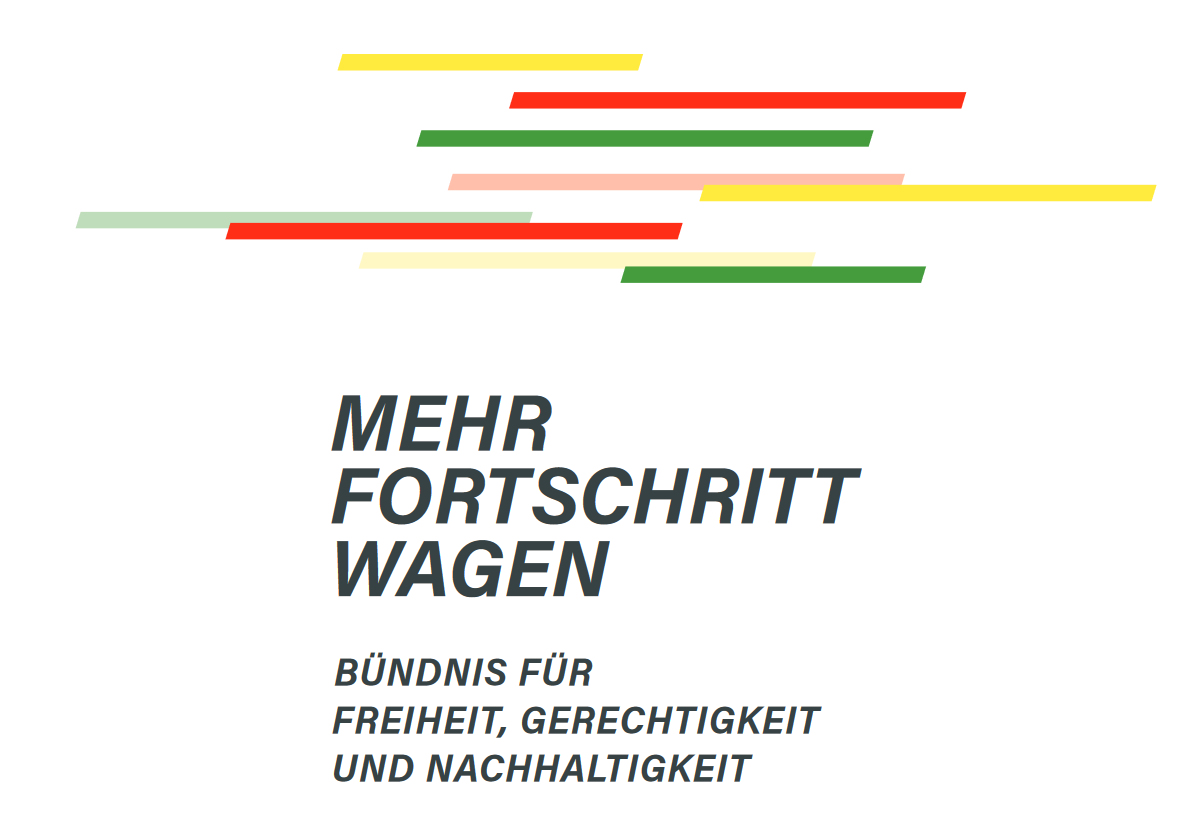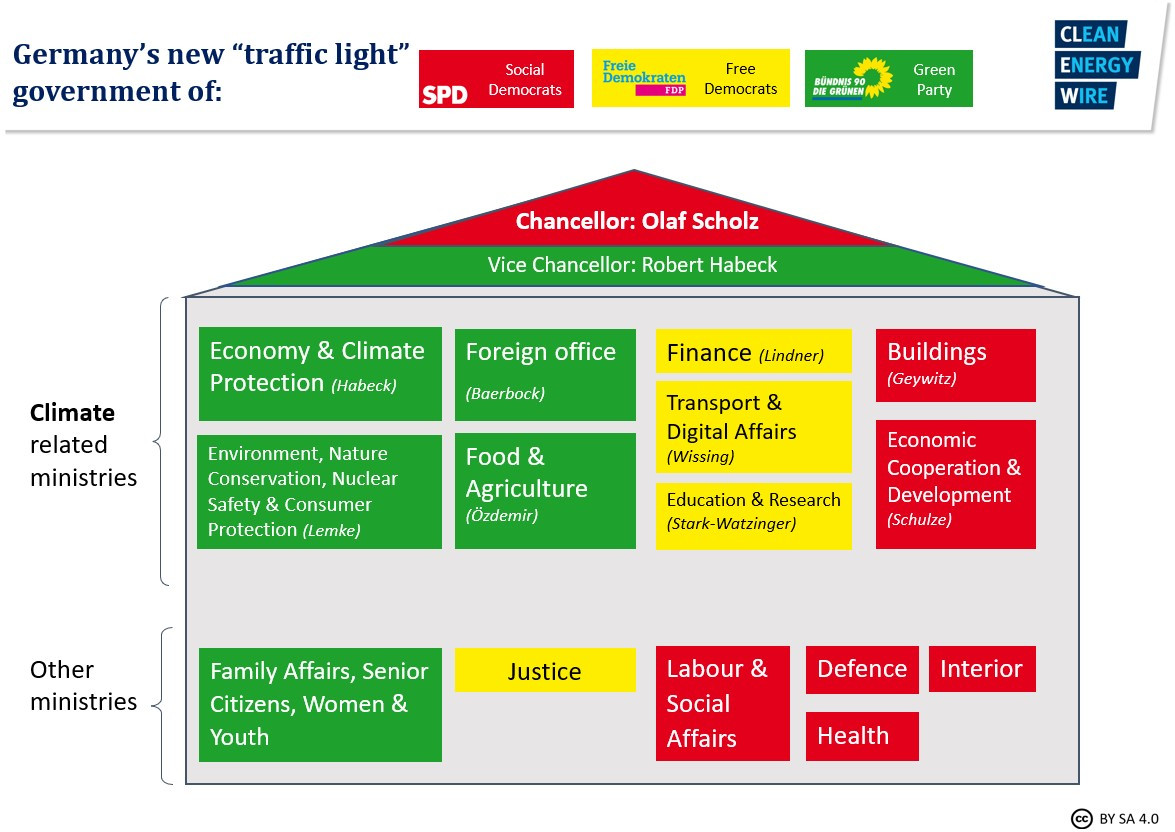Germany's new govt promises to put Europe's biggest economy on 1.5°C path
- Contents
- New German finance minister must strike balance between climate spending and solid budget
- Will Germany's new transport minister surprise critics with clean mobility shift?
- What does the coalition treaty mean for renewables, coal and the power market in Germany?
- New German government cabinet complete as parties greenlight coalition treaty
- Germany's new climate 'super minister' Habeck must ignite energy transition booster
- Green Party proposes ministers for their departments after quarrel over agriculture
- New German government aims for coal exit in 2030 in bid to get on 1.5 degree path
- Next German government's key climate and energy plans in 2021 coalition treaty
- The design of Germany's new govt: A climate “super ministry” for the Greens
- Reactions to climate and energy plans of Germany's next government
New German finance minister must strike balance between climate spending and solid budget
Few nominations for Germany’s new government cabinet have caused as much international uproar as that of FDP leader Christian Lindner as finance minister. Critics have warned that the head of the pro-business party could thwart ambitious climate investments by both the new “traffic light coalition” and the EU due to his praise of fiscal discipline and rejection of state intervention. But Lindner has tried to assuage worries he could become the new face of German parsimony, saying his role will be to enable the government to carry out its climate plans financially. And while the FDP has not gained a reputation for supporting sustainable finance so far, Lindner’s market-friendly approach might ultimately help to fully get his ministry behind a comprehensive overhaul of the financial sector in line with climate targets. Read the article here.
Will Germany's new transport minister surprise critics with clean mobility shift?
Many environmentalists have already written off sharp transport emission cuts under the next German government after the coalition agreed a treaty that is weak on mobility, and put the pro-business Free Democrats in charge of the ministry. But future transport minister Volker Wissing says that "enormous changes" are necessary – and the vague coalition agreement could give the undogmatic lawyer with experience in the sector the flexibility to implement them. Mobility experts say Wissing deserves a fair chance to accelerate the shift to clean transport, which they insist is a task that will involve the whole government. Read the article here.
What does the coalition treaty mean for renewables, coal and the power market in Germany?
One of the core topics of the new German government's plan for the next four years is putting the country on track to meet its 2045 climate neutrality target – and key to this goal is the build-up of renewable energies and the phase-out of fossil fuels. Analysts deem the renewable capacity targets that the government has set for 2030 very ambitious – as well as the objective to secure 80 percent of power demand from renewable sources at the end of the decade. But growing renewables so extensively will have repercussions for how much money they can generate at the power market - and therefore on investments and the coalition's plan to stop public funding for green energy once the coal exit is completed. This factsheet features some initial expert analysis of the government's plans for coal, renewables and the power market in the coalition treaty.
Read the factsheet here.
New German government cabinet complete as parties greenlight coalition treaty
With the last minister choices announced and the Greens' and Social Democrat's (SPD) party basis confirming the coalition agreement, Germany's next government is set to be elected on Wednesday, 8 December. The SPD will post former environment minister Svenja Schulze to the ministry for economic cooperation and development, which has growing links to climate policy, whilst co-deputy party leader Klara Geywitz will run the newly created buildings department, a key sector for emissions reduction. With the last staff matters resolved and consent by the critical Green Party basis for the coalition treaty, the new government will take over from Angela Merkel's cabinet as soon as chancellor Olaf Scholz is elected by parliament and sworn in by the president this week.
Read the article here.
Germany's new climate 'super minister' Habeck must ignite energy transition booster
As Germany's first climate "super minister", Green politician Robert Habeck will play a key role in fulfilling the future government's promise to get the country on a path compatible with the 1.5°C global warming limit. The widely popular party co-leader must oversee the translation of the government's lofty emission-cutting ambitions into concrete energy and climate policies. As a gifted communicator and moderator, the 52-year-old can draw from his experience as an energy transition minister in one of Germany's most important wind power states. But mighty challenges await.
Read the article here.
Green Party proposes ministers for their departments after quarrel over agriculture
Following the publication of the coalition treaty, the Green Party has named its future ministers who will be in charge of the foreign office, the “super ministry" for economy and climate, the environment department, and the food and agriculture ministry. The appointments are pending a party member online poll. Climate minister and co-party leader Robert Habeck will double as the vice chancellor whilst co-leader Annalena Baerbock will be Germany’s new foreign minister. Although historically leaning towards the conservative CDU-CSU union, a German farming association embraced the new agriculture minister Cem Özdemir as a “political heavyweight” from whom much will be expected to make farming more sustainable. The same party being in charge of the agriculture ministry and the environment ministry could put an end to the traditional in-fighting between the two departments, a former agriculture minister hopes. Read the article here.
New German government aims for coal exit in 2030 in bid to get on 1.5 degree path
The three parties planning to form the new German government have agreed on a coalition treaty that includes pulling forward the country's coal exit, "ideally" to 2030 from 2038, and rapidly speeding up the lagging rollout of renewables. The treaty crafted by the so-called "traffic light coalition" formed by the Social Democrats (SPD), the Green Party, and the pro-business Free Democrats (FDP), has to deliver on the parties' key climate policy promise to get the country on an emissions reduction path compatible with the 1.5°C-degree global warming limit of the Paris Agreement.
Next German government's key climate and energy plans in 2021 coalition treaty
Two months after the general election in Germany, the prospective government parties have agreed on a coalition treaty that is to guide their policies in the next four years. Entitled "Daring more progress - Alliance for Freedom, Justice and Sustainability," the coalition agreement between Social Democrats (SPD), Green Party, and Free Democrats (FDP) has a strong climate and energy focus, detailing steps such as a coal phase out "ideally" by 2030, and a massive expansion of renewable energies. This factsheet gives a first overview of the coalition agreement's key climate and energy points and will be updated with more detail later.Read the factsheet here.
The design of Germany's new govt: A climate “super ministry” for the Greens
Germany's future government parties have agreed on how to split up the ministries between them. While the Social Democrats (SPD) will field Olaf Scholz as successor to Angela Merkel in the chancellery, the Greens will take over a newly tailored economy and climate ministry, and the pro-business Freed Democrats (FDP) will run the country's powerful finance ministry. This factsheet provides an overview of the new government make-up and will be updated as soon as new details emerge on the cast of characters that will shape German energy and climate policy.
Read the factsheet here.
Reactions to climate and energy plans of Germany's next government
The three "traffic light coalition" parties have agreed to form Germany's next government and tabled a coalition treaty that they promise will put the country on a path compatible with Paris Climate Agreement's target to limit global warming to 1.5 degrees Celsius. This article provides an overview of different stakeholders' reactions to the climate and energy aspects of the treaty.

